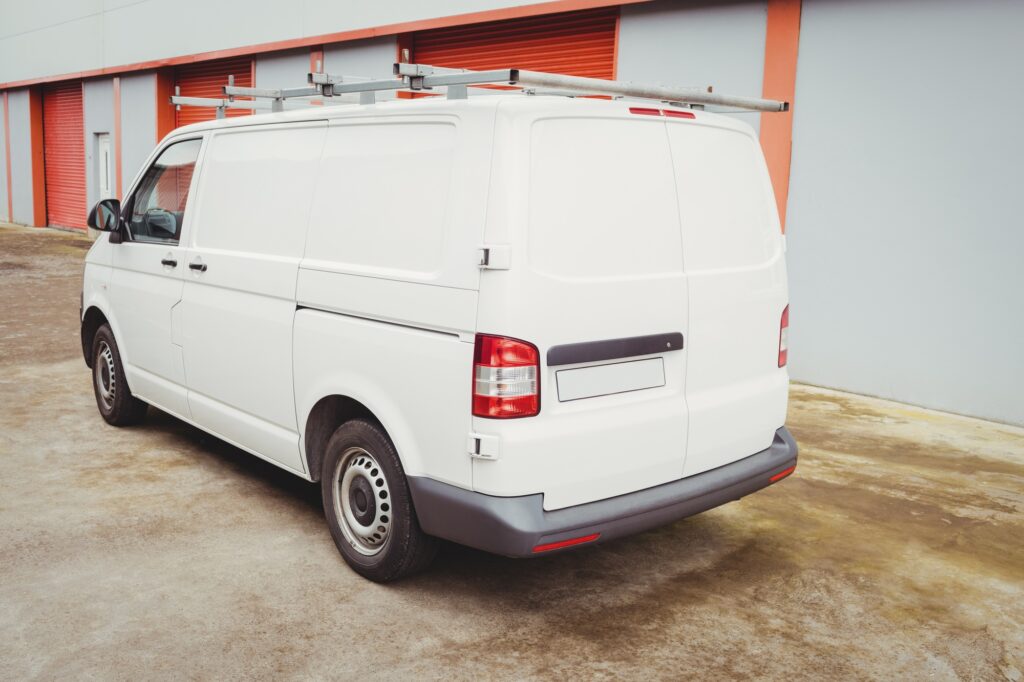There are a number of finance options available to self-employed business owners who are considering their next van purchase.
With self-employed finance applications, you apply for finance in the same way an individual would. You may however need to submit a number of additional documents when compared to a personal finance application. All lenders have different application processes, so check with your individual finance provider/broker to understand the process.
The finance options available if you’re self-employed
There are many ways to finance a van when you’re self-employed. Here’s the options available to you:
Hire Purchase
You pay an initial deposit followed by fixed monthly payments. At the end of the agreement you have the option to purchase the van, and you will own it once the final payment has been made.
Operating Lease
An operating lease involves you renting the van for a short time period. Maintenance and service are often included and provided for you. The leasing company owns the vehicle, and it’s returned to them at the end of the lease term.
Finance Lease
With a business finance lease, you rent the van for an agreed period. At the end of the lease, you either return the van, or continue leasing it.
Lenders have an appetite for van finance due to their residual value and their usability for commercial activity. Set up a call with Mill Wood so we can guide you through the various van finance options available to your business.
What documents will you need for van finance when self-employed?
Lenders will assess your credit history, proof of income and trading accounts to demonstrate your ability to repay the loan. There are two primary documents lenders will request:
Proof of income
Evidence of a stable income will make your application more attractive for lenders. Consistent, steady income throughout the trading year will be appealing to our lenders.
Trading accounts
Your latest trading accounts provide the finance company (lender) with an idea of how likely it is your business generates the funds to repay the loan. Having your trading accounts up to date and accurate is essential to securing finance when you’re self-employed.
Is it harder to get finance when you’re self employed?
It can be harder to get commercial van finance if you’re self-employed, lenders will examine your ability to pay back the loan and your thoroughly
Additionally, you might find it harder to get your van finance application accepted if you have a less than favourable credit history, so you might want to check that your credit report is looking strong before submitting a finance application to put you in the best position to get approved by the lender.
There are a few actions you can take to increase your chances of being approved for finance if you’re self-employed, see our guide below.
How to get approved for business van finance when you’re self-employed
Improve your credit score
Lenders focus heavily on your personal credit score when underwriting finance for self-employed individuals. Make sure you are regularly making repayments for any existing debts you have, to show lenders your commitment to paying back money you have borrowed.
Put down a substantial deposit
Put simply, the larger the deposit you put down, the less you will have to repay in monthly payments. The finance provider will view you as less of a risk than an individual who does not wish to put down a large deposit. If you have the ability and funds to put down a large deposit, this is always an effective way to attract lenders to lend money to you.
Ensure all aspects of your application are accurate
Incorrect applications reflect your ambition and your ability to secure finance. Small errors in your application are likely to result in rejection. Make sure the information you present to lenders is accurate and thorough, to demonstrate you have considered the application carefully and have taken the time to ensure you’ve provided all the relevant data lenders look for.
Frequently Asked Questions
How much can I borrow as self-employed?
How much you can borrow depends on a number of factors; including your credit history, your income, the value of any assets you have which could be used for security and how much you’re willing to put down as a deposit for a loan. Each finance application is unique, so there’s no blanket rule for how much you can borrow if you’re self-employed.
Why is it more difficult to get finance when self-employed?
It’s often more difficult for the self-employed because of the instability of income. Lenders view self-employed loans as higher risk compared to business loans because self-employed individuals often lack detailed financial records and extensive trading history, as well as their irregular income.
What are the interest rates for self-employed finance?
Interest rates are set by lenders, who justify their interest rates based on their level of perceived risk in lending. Lenders consider factors such as your credit history, past trading, rationale for the loan, and your proof of income in order to determine what interest rate should be set for your loan. Every finance application is different, so there is no single ‘correct answer’ to this question.
Conclusion
The complexities of finance can be tricky to navigate, particular when you’re operating as self-employed/a sole trader. Whilst it may be slightly more unique than standard business finance, securing finance for your commercial van when you’re self employed can be made simple with the correct guidance. To speak with a broker who understands self-employed commercial finance, get in touch with Mill Wood.


